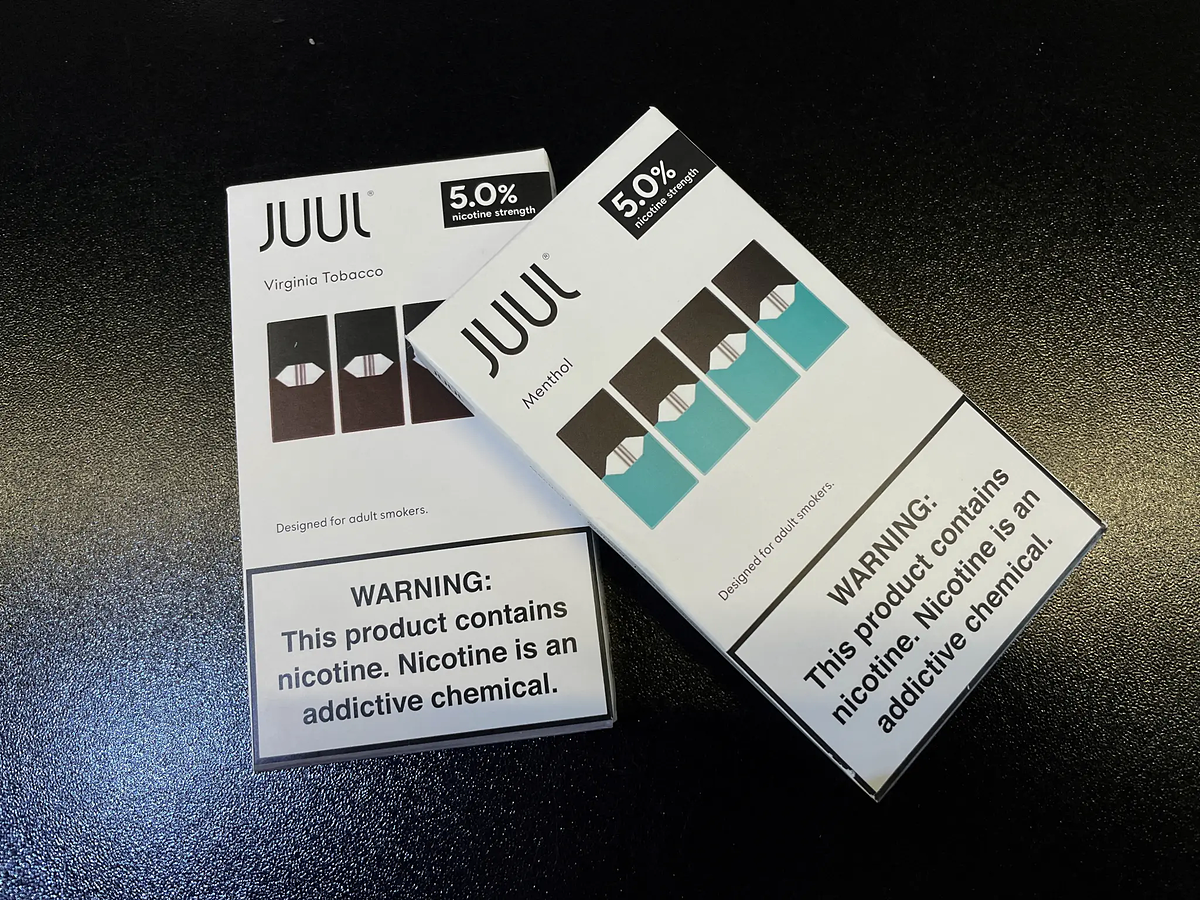On 18/7, the FDA authorized the sale of the Juul device and its tobacco and menthol-flavored pods with nicotine concentrations of 3% and 5%. The agency said Juul provided additional data demonstrating that the product's public health benefits outweigh the risks, including the potential to attract young people.
"This is a significant milestone for us," said Juul CEO KC Crosswaite. She believes the re-authorization not only offers Juul a chance to recover after a difficult period but also contributes to replacing smuggled disposable e-cigarettes from China that are flooding the US market.
Juul was once the leading e-cigarette company but declined after its flavored products became popular among teenagers. Investigations, lawsuits, and pressure from regulators nearly forced the company to file for bankruptcy.
In 2022, the FDA banned four of Juul's pod and device types. However, this ban was suspended only a month later due to the company's appeal, and by 2024, the ban was completely lifted.
Since it began regulating the e-cigarette market in August 2016, the FDA has authorized 39 products, including Altria's NJOY menthol e-cigarette. The agency continues to face criticism for slow authorization processes and its failure to control the influx of smuggled products. An FDA representative said they need more resources to handle the backlog of pending applications.
The industry hopes the US government will ease legal barriers, creating conditions for the development of new-generation tobacco products. Some companies say they have waited years or been denied authorization despite submitting complete applications, similar to Juul's case.
 |
Juul's e-cigarette. Photo: Reuters |
Juul's e-cigarette. Photo: Reuters
However, health experts continue to express concerns about the health impacts of e-cigarettes. A 2019 study published in the Journal of the American Heart Association found that e-cigarette use may increase the risk of heart attacks, strokes, and other cardiovascular diseases. Another report from the US Centers for Disease Control and Prevention (CDC) recorded over 2,800 cases of lung injuries related to e-cigarettes and vapes by the end of 2019, including 68 deaths.
While some manufacturers promote e-cigarettes as a safer alternative to traditional cigarettes, health organizations like the World Health Organization (WHO) have not yet recognized them as harmless. The WHO emphasizes that the nicotine in e-cigarettes can be addictive, affect brain development in adolescents, and increase the risk of transitioning to conventional cigarette use.
Thuc Linh (NY Post)












